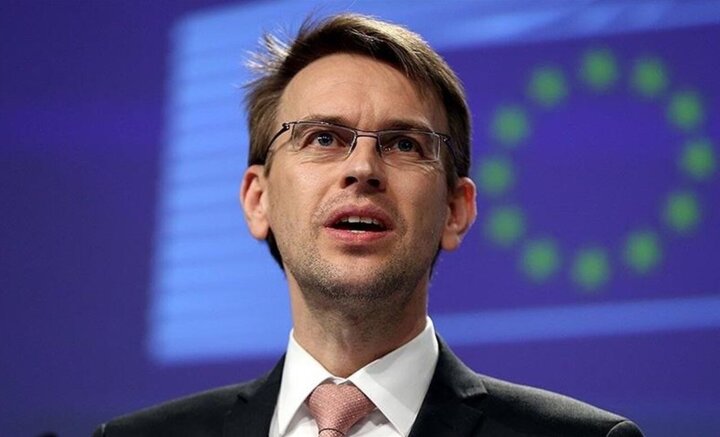“EU member states are legally bound to enforce arrest warrants issued by the International Criminal Court (ICC)”, EU spokesperson Peter Stano said in a statement this Thursday. Last week, the ICC took a significant step by issuing arrest warrants for Israeli Prime Minister Benjamin Netanyahu and former Defense Minister Yoav Gallant, accusing them of war crimes and crimes against humanity in Gaza, where over 44,000 Palestinians have died since October 2023.
Acknowledging the ICC’s actions, Stano emphasized the EU’s commitment to international criminal justice and combating impunity. He also reiterated the bloc’s support for the ICC and the principles outlined in the Rome Statute, which established the court, underscoring its independence and impartiality.
The ICC’s mandate, Stano noted, “is to prosecute the most serious international crimes, and all EU countries that have ratified the Rome Statute are obligated to carry out arrest warrants issued by the court.” In response to the warrants, Israel announced on Wednesday that it would challenge the decisions before the ICC.
France still supports Netanyahu!
While some EU nations have expressed their intention to execute the warrants if the Israeli leaders enter their countries, others argue that Netanyahu is immune from arrest and should not be detained.
It was on this Friday that France reiterated its position regarding the immunity of certain leaders in relation to ICC arrest warrants, claiming that such immunity is grounded in international legal obligations, according to Anadolu Agency. This declaration came amid mounting criticism, including from UN Special Rapporteur on Palestine, Francesca Albanese, who rejected France’s claims of immunity for Netanyahu and Gallant.
The French human rights group Ligue des Droits de l’Homme (LDH) also dismissed France’s stance, calling the immunity claims “fiction” in an official statement. However, French Foreign Ministry spokesperson Christophe Lemoine defended the position, asserting that immunity provisions are not arbitrary but are firmly rooted in the legal framework of the ICC’s Statute.
Lemoine emphasized that these legal protections are particularly relevant for heads of state from nations that have not ratified the Rome Statute, stressing that immunity is not a “fiction,” but a vital legal tool to uphold international agreements and protect sovereign rights.
He further explained that, as a signatory to the Rome Statute, France has two key legal obligations: to cooperate with the ICC, as mandated by Article 86, and to respect immunity provisions, especially under Article 98. Earlier, French Foreign Minister Jean-Noël Barrot reiterated the government’s position, underscoring that immunity is explicitly outlined in the ICC’s Statute, particularly in Article 98.







